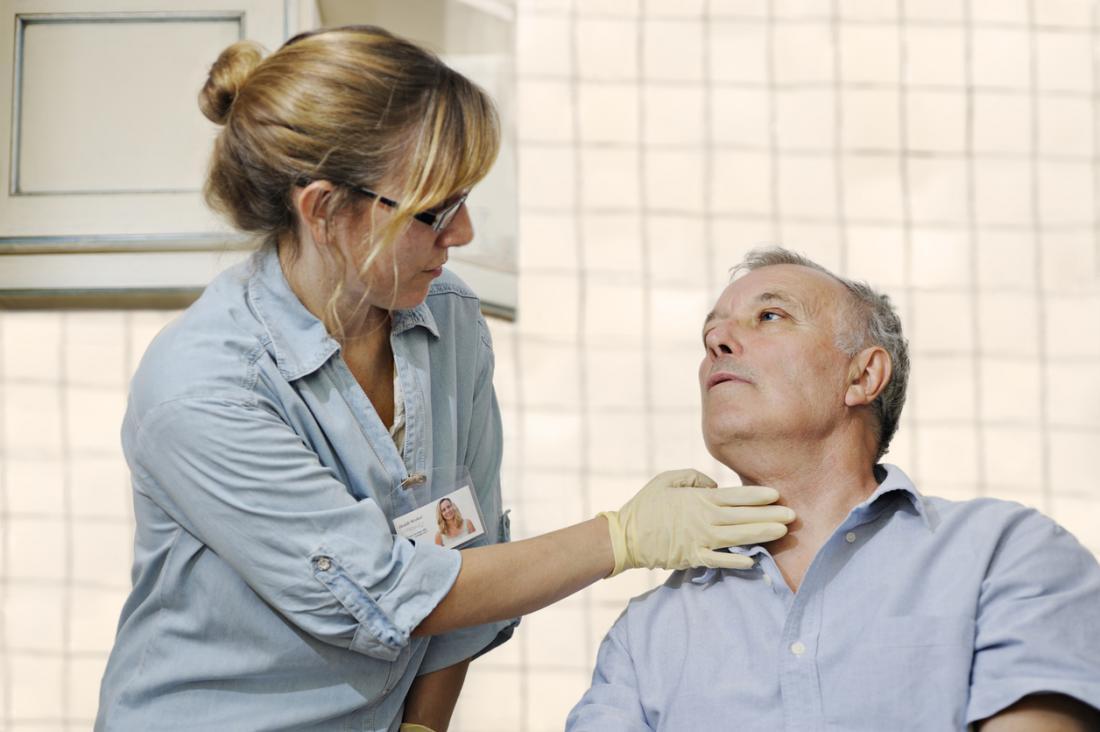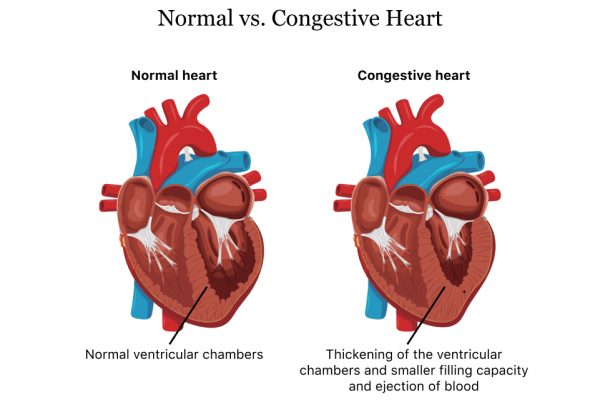Dysphagia is a medical condition that affects the esophagus and causes difficulties in swallowing. Doctors identify the cause of dysphagia by performing diagnostic testing, including endoscopy. Dysphagia is often a symptom of more dangerous medical conditions, such as esophageal cancer. Reviewing the six main treatment options educates patients about how to treat the condition and improve their quality of life.
Table of Contents
1. Medications and Food Thickeners
Doctors prescribe medication to treat acid reflux disease. GERD, or acid reflux, is a common cause of dysphagia and causes esophageal erosion. Medications control stomach acid and prevent the acid from flowing back into the esophagus. Persistent heartburn is the most common symptom of acid reflux. Controlling acid reflux lowers the risk of dysphagia and restores the ability to swallow properly.
Doctors recommend using food and beverage thickeners to delay swallowing. The foods and beverages remain thicker and take longer to swallow. Instead of a sudden flow of liquid, the thickener makes it easier for the patient to swallow without choking. Dysphagia patients who want to try food and beverage thickeners learn about Simply Thick now.
2. Diet and Lifestyle Changes
Changing diet and lifestyle helps patients cope with dysphagia and GERD. Foods that trigger dysphagia and GERD include tomato-based foods, citrus juices and beverages, fatty or fried foods, and caffeinated soft drinks. Alcohol, chocolate, and peppermint increase symptoms of GERD and make dysphagia symptoms more common.
Lifestyle changes improve dysphagia and GERD. Patients who avoid triggering foods and beverages reduce symptoms. Swallowing becomes more comfortable when patients stop smoking tobacco products and drinking alcohol. Eating six small meals instead of three large meals improves dysphagia and lowers the risk of acid reflux. Doctors do not recommend foods that have a sticky texture, such as peanut butter or jellies. The foods increase swallowing difficulties and increase the risk of choking. Physicians recommend eating smaller bites and cutting foods when eating.
3. Surgical Removal of Blockages
The surgical removal of blockages can eliminate dysphagia if the blockages are the source of the problem. Patients with diverticulosis are more likely to develop diverticula in the esophagus that cause dysphagia. Tumors are another cause of blockages in the esophagus and cause dysphagia. Doctors conduct tests for a proper diagnosis and discover the source of the blockage. Surgery is necessary to remove diverticula and tumors. Doctors explain the patient’s outlook, surgical risks, and complications related to the surgery.
4. Dilation of the Esophagus
Dilation of the esophagus widens the esophagus and prevents choking hazards. Doctors sedate the patient and use thin devices to stretch narrow sections of the esophagus. The procedure isn’t a cure for dysphagia, but it makes it easier for patients to swallow foods and beverages without risks.
5. Exercises for the Throat
Practitioners create care plans for patients with dysphagia including exercises for improving swallowing. There are five exercises for improving dysphagia including effortful swallow, supraglottic swallow, super supraglottic swallow maneuver, the shaker exercise, and hyoid lift maneuver.
6. Endoscopic Treatment and Recovery
Endoscopic treatment and recovery allow doctors to view the esophagus and find any obstructions causing dysphagia. Patients with diverticulosis are at risk of food becoming trapped in the diverticula. Esophageal diverticula cause obstructions when food becomes trapped in the pockets. Endoscopic treatments help patients avoid surgery when possible.
Dysphagia is a symptom of an array of esophagus-related illnesses and diseases. It develops as a result of a stroke, diverticula of the throat, and the development of esophagus tumors. Doctors offer a variety of treatments for dysphagia. Patients who are better educated about the treatments determine what choice is best for them.





